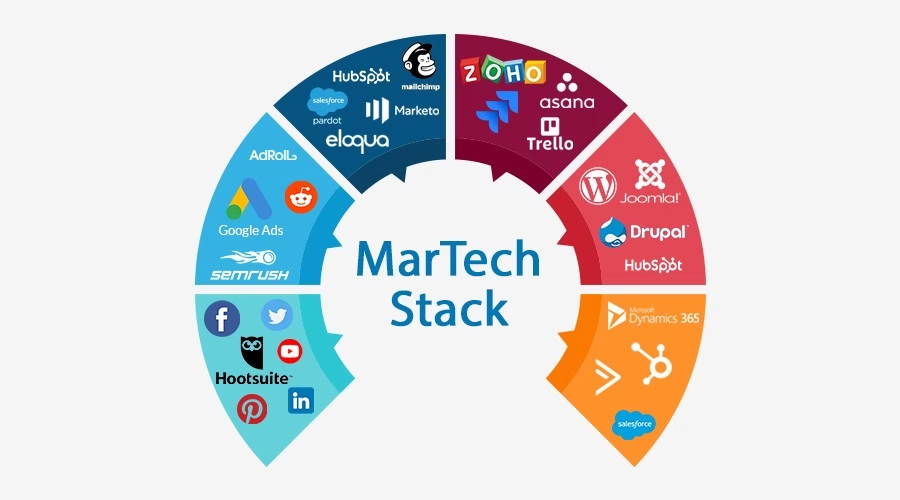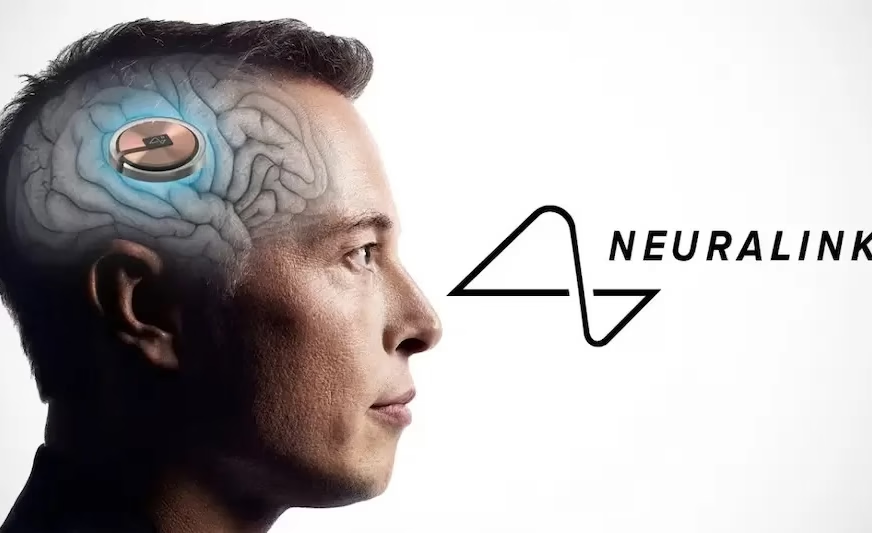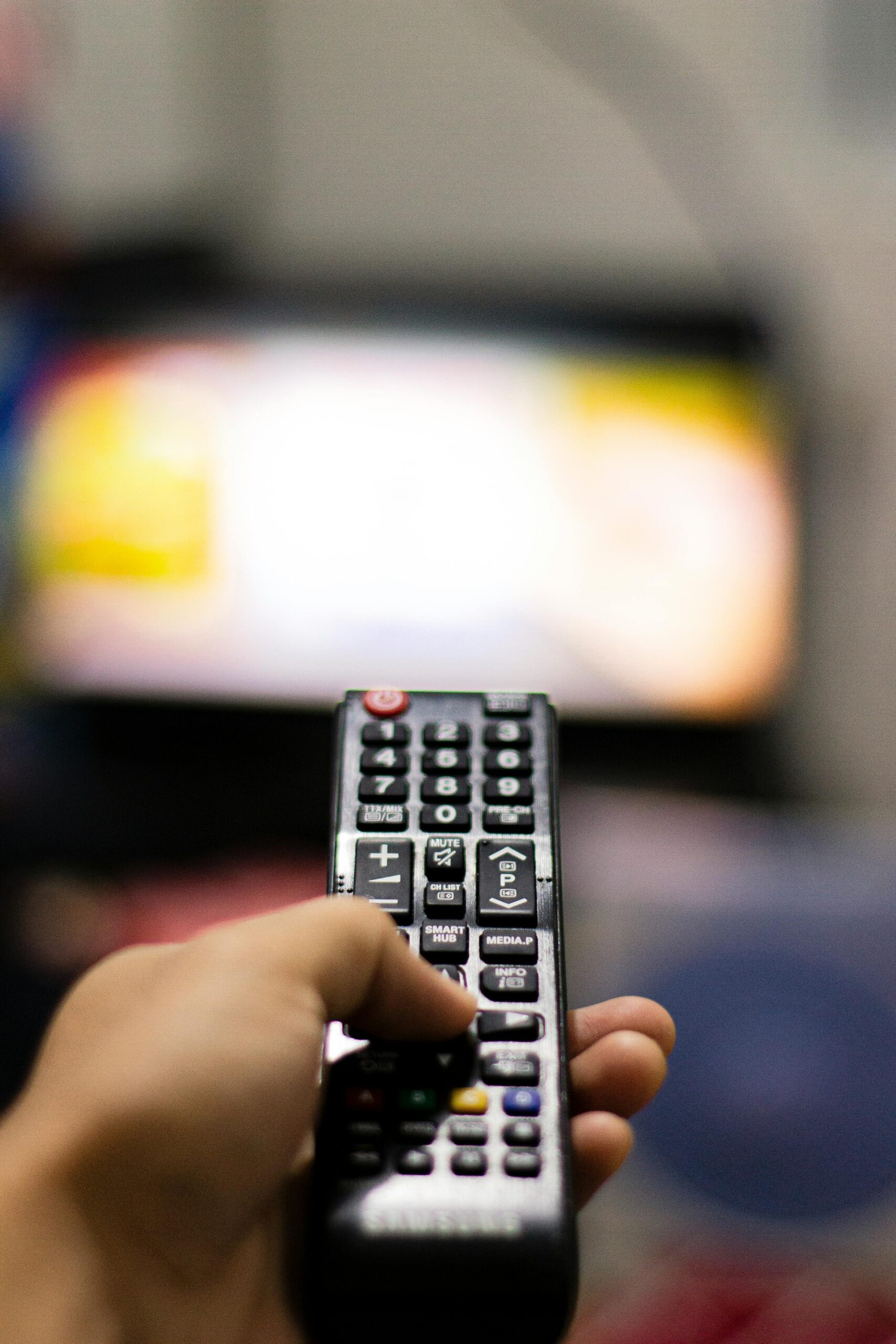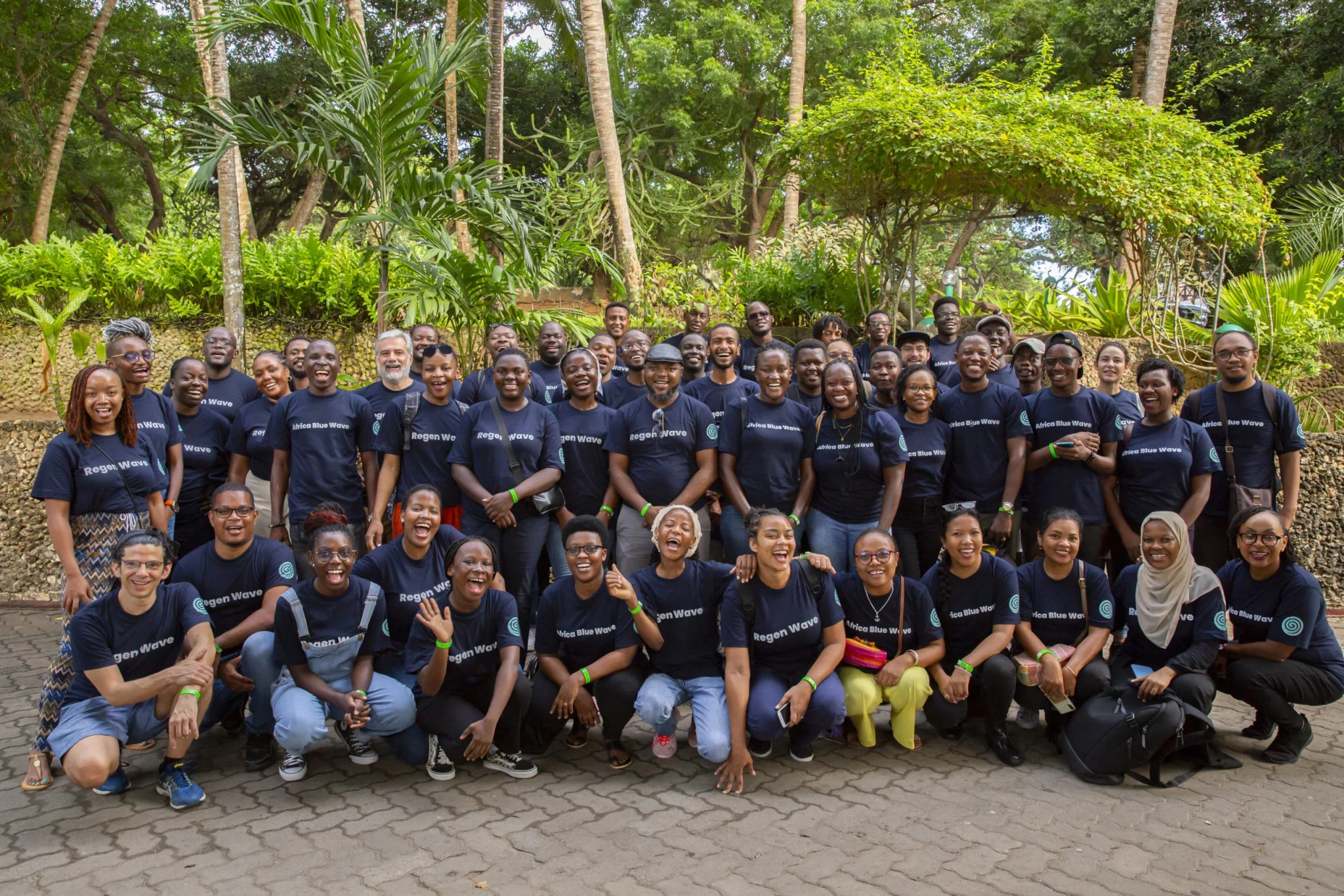The smartphone has defined our modern world. For nearly two decades, it has been our closest companion—our communicator, navigator, entertainer, and productivity hub. But now, the tech world is looking past it. The question is no longer if the smartphone era will end. It’s when, how, and who will lead the charge beyond it.
The likes of Meta, OpenAI, and Humane are already building the next chapter. Their vision is clear. The future is wearable. The interface is invisible. And the screen might soon become optional.
Apple, however, is moving with caution. While others sprint toward a screenless reality, the company that redefined mobile technology is choosing evolution over revolution. Some call it conservative. Others see it as calculated restraint.
Tech Giants Are Already Living in the Post-Phone Future
Mark Zuckerberg has made his prediction public. He believes smart glasses will soon replace smartphones as the dominant personal device. Meta has been pouring resources into this future—developing immersive experiences with the Meta Quest and releasing the Ray-Ban Meta smart glasses that offer hands-free connection to the digital world.
This isn’t just about cool hardware. It’s about a new way of being online—one that blends into daily life rather than interrupts it. Voice commands, context-aware computing, and AI assistants are all part of a world where looking down at a phone becomes unnecessary.
OpenAI is going even further. Teaming up with former Apple design chief Jony Ive, the company is working on an AI-first wearable. Early reports suggest it will combine voice interaction, real-time data processing, and ambient intelligence in a seamless form factor. It may not have a screen at all.
Meanwhile, Humane has already launched something radical. The Humane AI Pin clips to your clothing and handles tasks without needing a traditional display. It takes calls. Reads texts. Searches the web. It’s small. It’s smart. And it hints at what life could look like when the screen fades away.
Apple Is Taking a Different Path
Eddy Cue, one of Apple’s longtime senior execs, has suggested that even the iPhone may become obsolete within a decade. But Apple is not acting like a company eager to bury its most profitable product.
Instead, it is injecting intelligence into the iPhone. With iOS 18 and its broader Apple Intelligence rollout, the company is weaving generative AI into its apps and services. Siri is getting sharper. Writing tools are becoming smarter. Photos can now be edited with a few words instead of taps and swipes.
Apple is also investing heavily in wearables—Apple Watch, AirPods, and Vision Pro are proof of that. But none of them have been presented as a direct successor to the iPhone. Not yet.
This slower, more methodical approach may be Apple’s way of managing risk. The iPhone is still wildly successful. The company understands the power of habit. It knows people may not want to let go of their screens overnight.
A Market in Transition
Globally, smartphone sales are flattening. Forecasts show minimal growth. Consumers are upgrading less frequently. The form factor has matured. Innovation feels iterative, not revolutionary.
At the same time, user behavior is shifting. People want fewer distractions. They want more intuitive ways to interact with technology. Voice, gesture, context—these are becoming the new interface dreams.
But here’s the dilemma. New form factors demand new behaviors. Wearing a device on your face. Speaking to machines in public. Trusting AI to manage daily tasks. These are not small shifts. They require emotional and cultural adaptation. They require trust.
The market may be ready for change. But is the average user?
So What Comes After the Smartphone?
Is it glasses? Pins? Rings? Invisible assistants whispering into your ear? The truth is no one knows for sure. What we are seeing now is experimentation—some bold, some flawed, all necessary.
This is not just a race to build new devices. It’s a race to define the next standard. The next device that is so good, so useful, and so natural that it replaces what came before. Just like the iPhone did to everything else.
And not everyone will get it right. Some bets will fail. Some devices will flop. But the direction is clear. The world is moving toward more seamless, intelligent, screen-optional technology.
Final Thought
The smartphone still rules today. But its dominance is no longer secure. Around the edges, the future is forming. It is hands-free. AI-driven. Context-aware. And less about screens and apps and more about presence and interaction.
Are we ready for this shift? Will users embrace devices they wear instead of hold? Will AI become a trusted partner in our daily lives? Will privacy and control keep up with convenience and speed?
The smartphone may not be dead. But the end of its reign has already begun.










